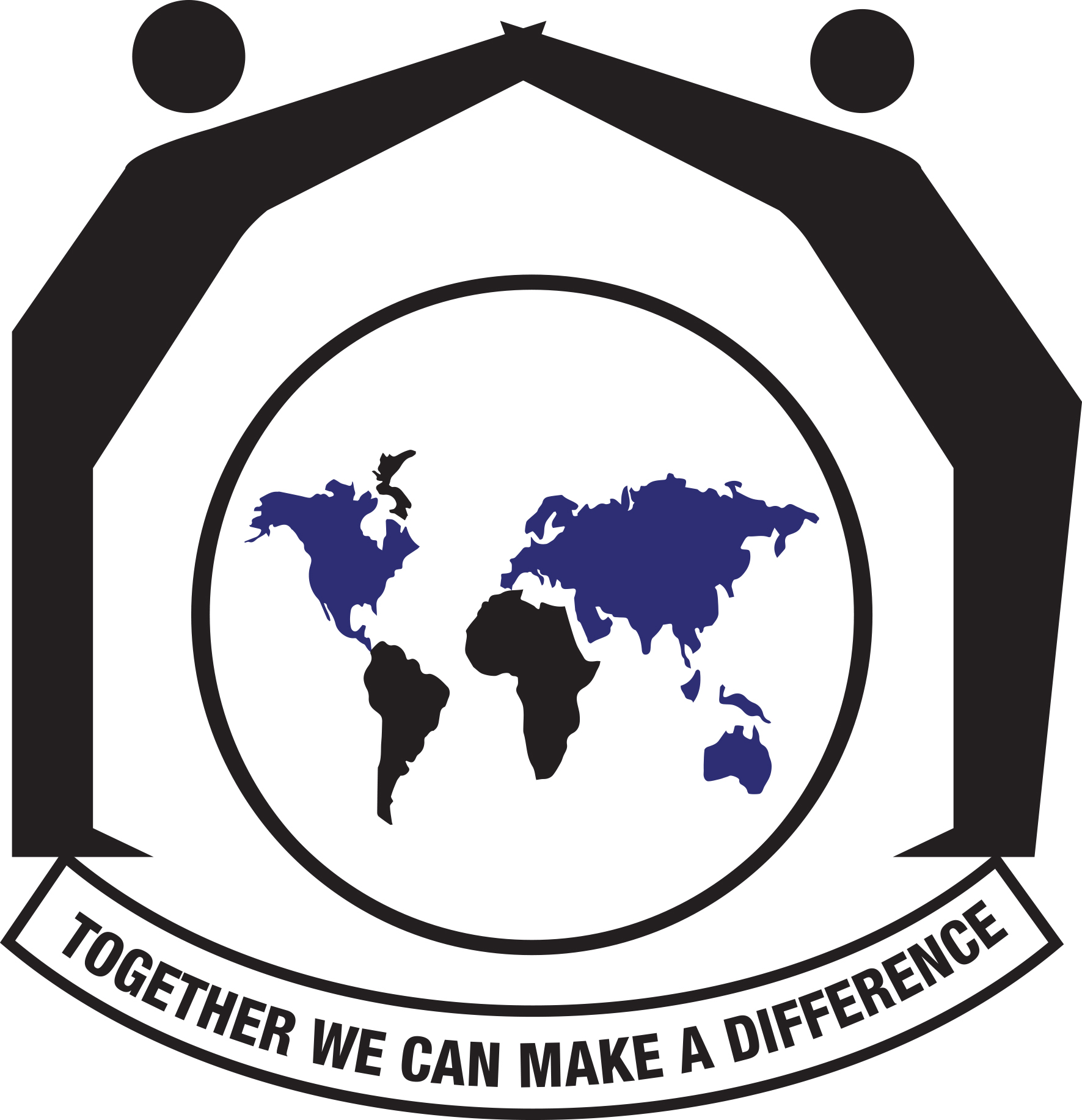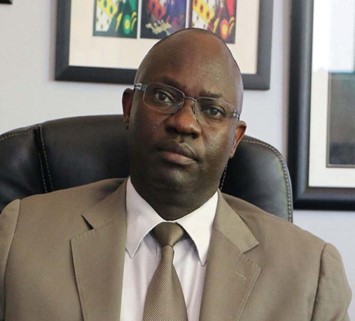Published on: October 16, 2023
CIVICUS speaks about the human rights situation and the closure of the United Nations (UN) office of the High Commissioner for Human Rights in Uganda with Dr Livingstone Sewanyana, founder and Executive Director of the Foundation for Human Rights Initiative (FHRI) and UN independent expert on the promotion of a democratic and equitable international order.
Founded in 1991, FHRI is a human rights civil society organization (CSO) working to advance democratic development and fundamental freedoms in Uganda.
What were the achievements of the UN human rights office in Uganda, and why is it closing?
The UN Office of the High Commissioner for Human Rights was established in Uganda during a period of conflict that particularly affected northern Uganda, with a head office in Kampala and regional offices based in north and northeastern Uganda. Its main objective was to promote reconciliation and peacebuilding, which was successfully achieved.
The UN office played a key role in creating awareness among communities about their rights and ways to defend them. It conducted extensive human rights monitoring to expose violations and contributed significantly to building the capacity of the Uganda Human Rights Commission (UHRC) – the national human rights institution – and various local CSOs through technical assistance and, at times, financial support for their programs.
After the goal of rebuilding northern Uganda was achieved, the agreement was extended multiple times, with 2023 agreed as a potential cut-off. The Ugandan authorities cite the achievement of its goals as a reason not to prolong the UN office’s mandate. Civil society groups, however, think its closure will result in the loss of a crucial player in the field of human rights, given the critical role it played in terms of democratization in Uganda, capacity development, technical assistance and human rights monitoring.
How do you assess the work of the UHRC?
The UHRC is entrusted with a broad mandate, encompassing both promotional and protective functions, along with a tribunal for handling human rights complaints. As the national human rights institution, it consistently submits annual reports to parliament.
While the UHRC’s promotional efforts are commendable, challenges arise in its protective role because this requires goodwill from the state. Insufficient resources and lack of political will, particularly on controversial issues, hinder its ability to function effectively.
The UHRC’s independence has always been questioned. Although the authorities may not interfere directly with its work, the lack of executive action on its recommendations undermines its potential and credibility. The UHRC needs more space to execute its mandate effectively.
How does FHRI defend and promote human rights?
For over 32 years, we’ve monitored, documented and reported human rights abuses. Our reports reach various stakeholders, including government, parliament, international bodies, the media and civil society. We also engage with young people through university programs, fostering an understanding of rights and obligations. We actively assist victims of human rights violations through our legal aid program, which handles over 1,000 cases every year, and provide mediation and administrative support services.
Our campaigns include a 30-year effort to abolish the death penalty. Although Uganda has retained it, the death penalty is now restricted to the most ‘serious crimes’, and opportunities for a prerogative of mercy have been established. If someone who’s been sentenced to death is not executed within three years, their sentence is automatically commuted to life imprisonment. We have consistently challenged the application of the death penalty in the Constitutional Court and the Supreme Court.
We also engage in legislative advocacy, analyzing bills and voicing our position on their human rights implications, as seen in our response to the Anti-Homosexuality Act 2023, which unfortunately retained a provision for the death penalty. However, we succeeded in securing the removal of the mandatory death penalty provision by parliament.
We actively report to the UN Human Rights Council and the African Commission on Human and Peoples’ Rights. As a UN independent expert, I recently presented my sixth report to the Human Rights Council, sharing findings from my visit to the Republic of Georgia.
In sum, our work cuts across community, district, national and international divides. Taking a holistic approach, we conduct awareness raising, capacity development and advocacy campaigns and provide legal protection to victims of abuse through recourse to courts. We are affiliated with the World Coalition Against the Death Penalty and the International Federation of Human Rights Defenders.
What challenges do Ugandan human rights organizations face?
Civic space is getting more and more restricted and civil society is becoming more apprehensive. We have limited funding to carry out our work and regularly face legislative challenges, such as the restrictive Public Order and Management Act of 2013, which constrains assemblies and public meetings.
Civil society groups are confined to operating within the narrow framework of the law, and it’s difficult to expand the frontiers of your work. Recently, 54 CSOs have had to suspend their operations due to non-compliance with the NGO Act 2016.
To ensure the sustainability of our day-to-day operations we need expertise, and retaining experienced staff is difficult due to the potential lure of international organizations.
There’s a need to broaden civic space and ensure an enabling environment for everyone to exercise their rights. For this to happen, the state must implement recommendations from the Human Rights Council’s Universal Periodic Review process and UN treaty bodies.
What international support do you receive, and what support do you need?
CIVICUS has been instrumental in supporting our human rights monitoring and reporting work. We have submitted several joint reports to the UN Human Rights Council and UN Human Rights Committee.
We also require assistance in capacity development to promote better understanding of the human rights architecture. Most crucially, financial support is needed to empower human rights defenders to participate in forums and carry out their work effectively. In a society grappling with poverty and high unemployment, the demand for technical and financial assistance is high, and human rights organizations are often looked upon as potential providers.
Civic space in Uganda is rated ‘repressed’ by the CIVICUS Monitor.
Get more in touch with FHRI through the Facebook page, and follow @FHRI2 and @LSewanyana on Twitter.

